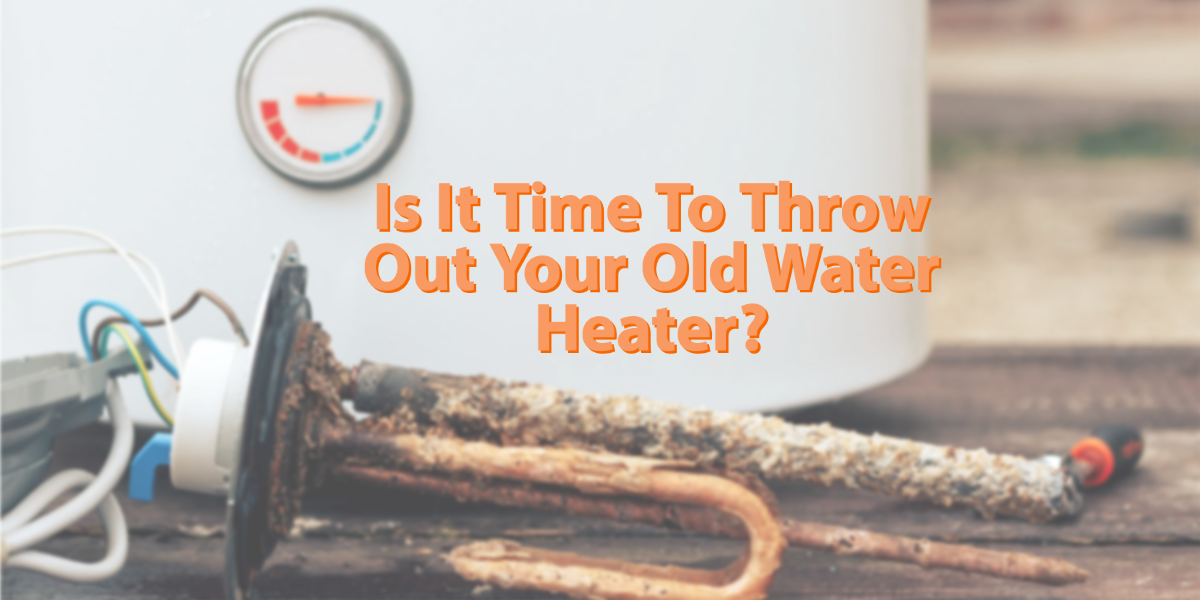It would be hard to get things done around your home if it wasn’t for your residential water heater, including showers, dishes, washing dirty clothes, or anything else that requires hot water. Your water heater works harder than you think behind the scenes to keep you comfortable anytime you need water. However, when your water heater works too hard or has been working for too long, it can lead to problems that may require a professional. Luckily, in this article, our plumbing professionals enlighten us on some common water heater issues and the best solutions to get your equipment back up and running.
Are You Experiencing Any Water Temperature Issues?
One of the most common problems water heaters experience is irregular temperature. You could encounter three different types of water temperature problems: water being too cold, too hot, or warm but not hot enough. Below we explain the likely causes and how to address the situation:
- Water is too cold – If you’re experiencing nothing but cold water running throughout your home, this could be caused by either a faulty heating element, defective thermostat, or a lack of power. Start self-diagnosing the issue by resetting any blown fuses or tripped breakers. If that doesn’t solve the problem, the next thing you will want to check for is to ensure power switches are switched on. Lastly, if there is still no hot water, check your thermostat to confirm it is operating correctly.
- Water is too hot – When the water running in your home is too hot, typically, that is an indicator that your thermostat is set too high. To ensure you’re experiencing the best-heated water while staying energy-efficient, the US Department of Energy recommends that the best temperature to set your thermostat for your water heater is 120 degrees Fahrenheit.
- Water is warm but isn’t hot enough – If the water in your home isn’t warm enough for you and your household, it could be due to a faulty heating element, an undersized water heater, a defective thermostat, or crossed cold and hot connections. The easiest way to rule out crossed connections is to turn off the water supply and switch on a hot faucet. If the water from the hot tap is still flowing but is lukewarm or cold, then you may have a crossed connection issue. If that doesn’t seem to be the issue, we suggest getting in touch with your local plumbing contractor to evaluate whether your water heater is the correct size and to inspect your water heater’s heating elements thermostat.
Do You Have Any Water Leaks Coming From Your Water Heater?
Unfortunately, water leaks in your water heater can occur more than just on its tank. There could be multiple different issues with your water heater, including a stuck valve, improper water pressure, a bad gasket, faulty temperature or relief valve, loose heating element bolts, the water heater overheating, and even a leak from a nearby plumbing connection. If you think one of these issues may be the culprit, you should first check for loose plumbing connections and heating element bolts and tighten them. However, if there is a leak still present even after following these steps, we advise calling a professional to have a closer look at your water heater.
Is There Any Discoloration in Your Home’s Water?
If your home’s running water is discolored, especially if it is a rusty color, it may indicate corrosion inside your water heater. Usually, this is caused by a failing anode rod or an older water heater tank. But, again, seeking advice from your local plumbing contractor would be your best option so that they can determine whether you need to replace the anode rod or install an entirely new water heater.
Call the Professionals
Whether you need a minor fix or to replace your water heater, it can be a big job. Our plumbing professionals at Five Star Dayton Plumbing can handle all the dirty work at competitive prices others can’t beat! We are here to help when you need it the most; call us today at (937) 230-6506 or schedule an appointment online by clicking here!


